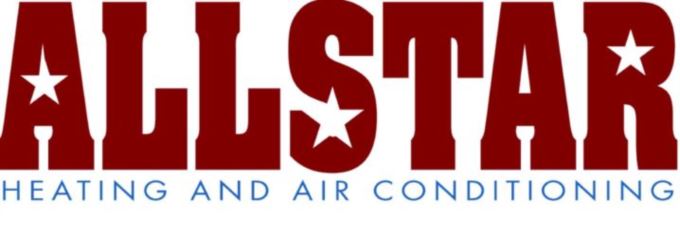
To combat increasing energy expenses and embrace sustainability, many homeowners are trying new methods to maintain comfort levels while using less energy. With help from the Inflation Reduction Act, federal tax credits are available for energy-efficient home upgrades, especially HVAC systems like air conditioners. These credits offer significant savings, provided that homeowners work with qualifying equipment and submit the appropriate form.
If you’re trying to avoid a long process, we’re offering to help! Allstar Heating & Air Conditioning hopes this guide will give you what you need to secure 2024’s HVAC tax credits. Here’s what you’ll need to do.
How Do These Tax Credits Work?
These valuable tax credits for boosting your home’s energy efficiency are just one small part of the recent Inflation Reduction Act. Energy costs affect everyone, so helping homeowners upgrade to higher efficiency utilities can benefit everyone. The primary goal of these credits is to mitigate costs associated with installation and renovation projects. Of particular importance are the Residential Clean Energy Credit and the Energy Efficiency Home Improvement Credit.
But remember, in order to earn any of the credits, you’ll need to fill out IRS Form 5695. Additionally, this form has to be submitted within the same tax year the upgrades were installed, not bought.
Energy Efficiency Home Improvement Credit
Through 2032, the Energy Efficiency Home Improvement credit empowers homeowners by offsetting up to $3,200 each year for installing higher efficiency home upgrades. This can be up to 30% of the total project’s cost. You should be aware that in order to receive the maximum amount, you’ll have to make several investments. For example, you’ll receive up to $2,000 for high efficiency heat pump systems. This can be combined with the remaining $1,200 in credits for other eligible upgrades made within the tax year.
While heat pumps are a popular option for the tax credit, high-efficiency furnaces, air conditioners, boilers, and other HVAC systems are still eligible for this tax credit. You should confirm that your choice’s energy efficiency rating is sufficient to qualify.
Residential Clean Energy Credit
The Residential Clean Energy Credit provides 30% savings on a wide range of residential clean energy efficiency projects. Eligibility only applies to homeowners looking for new clean energy solutions for their home. While the Home Improvement Credit highlights utilities and HVAC systems, this credit is instead designed around renewable energy sources like solar and wind energy.
Some key details of this tax credit include the requirement that installation must occur between 2022 and 2032. But at the same time, homeowners can keep the excess credit to reduce future taxes. This is a great way to soften the entry into investing in clean energy.
Additional Qualifications for Energy Tax Credits
Because HVAC systems are one of the biggest expenses on your energy bill, these tax credits incentivize the most energy-efficient options. But home energy efficiency can be improved in lots of other ways. Apart from the previously listed HVAC upgrades, {you could also choose|other eligible items include|you also have access to:
- Energy-saving heat pump water heating systems
- Modern electrical panel improvements
- Upgraded electrical wiring
- Enhancements to insulation, air sealing, and ventilation
- High-efficiency electric stoves, cooktops, ranges or ovens
- Efficient heat pump clothes drying solutions
- Water boilers
Just like with installing one or more HVAC systems, you’ll need to check that your chosen products meet the eligible energy efficiency ratings.
Maximizing Your 2024 HVAC Tax Credits: Top 3 Tips
While any one of those upgrades can boost home energy efficiency, a little planning will ensure more long-term benefits. Maximize your HVAC tax credits with these reminders:
- Conduct a home energy audit to identify impactful upgrades. Trust experienced HVAC companies to pinpoint essential products and services.
- Improve your home's thermal efficiency with better windows and doors.
- Look into rebates for clean energy projects from utilities. Renewable sources like solar, wind, and geothermal contribute to community power grid sustainability.
- Don’t forget financing options from local service companies, which can help reduce costs even more.
Secure Your 2024 HVAC Credits with Help from Allstar Heating & Air Conditioning
Partner with local HVAC professionals like Allstar Heating & Air Conditioning for help with home energy audits and new installation projects. Our helpful installers will deliver everything you need for home energy efficiency upgrades.
